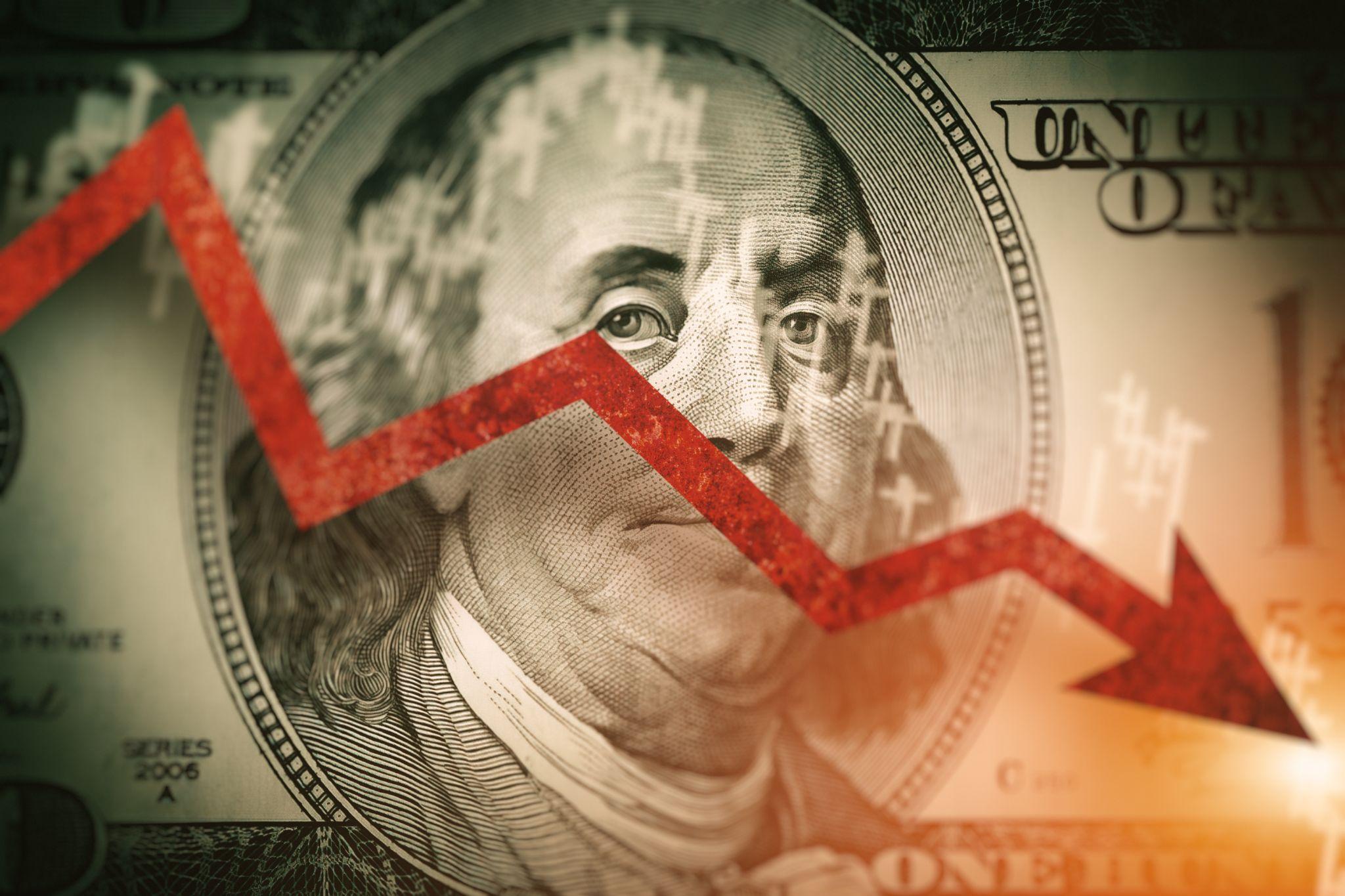Selling a home during an economic downturn can feel daunting, but it’s not impossible. With the right strategy, preparation, and mindset, you can still attract buyers and get a fair price for your house in a recession. Here’s how to navigate the process wisely.
Understand the Impact of a Recession on the Housing Market
Recessions typically bring higher unemployment, tighter lending conditions, and reduced consumer confidence. These factors can lead to fewer buyers in the market and lower home prices overall. Homes may take longer to sell, and competition among sellers increases. Understanding this reality is essential to adjusting your expectations and strategy.
Know Your Reason for Selling
Clarify why you’re selling. Are you relocating for a job, downsizing, or facing financial hardship? Knowing your motivation will guide your decisions, especially when balancing speed with profit. If selling your house in a recession is necessary, focus on making it stand out and appealing despite market conditions.
Set a Realistic Price from the Start
Pricing your home realistically is more important than ever in a down market. Overpricing can lead to your property sitting unsold, eventually forcing price reductions that can signal desperation to buyers.
Use a comparative market analysis or work with a professional to understand house prices during a recession. Every downturn is different and the severity of a housing price decline depends on many factors, including overvaluation, interest rates, and overall economic conditions.
Improve Your Home’s Appeal
With fewer buyers shopping, your home needs to shine. Boost curb appeal, make minor repairs, declutter, and stage the home to help buyers envision themselves living there. Small upgrades—like a fresh coat of paint or updated lighting—can make a big impression without breaking the bank.
Offer Buyer Incentives
Offering incentives can be very effective when a recession hits the housing market. They can make your home stand out when buyers are hesitant and more cost-conscious.
Incentives such as covering closing costs or offering flexible move-in dates can ease financial stress and build buyer confidence. These small concessions can go a long way in speeding up the sale and minimizing price negotiations.
In higher interest rate environments, incentives like mortgage rate buydowns can make your home more affordable to buyers without decreasing the price. You might also consider leaving behind appliances, covering HOA dues, or offering credits for upgrades.
Ultimately, incentives show you're motivated to sell and willing to work with buyers—an approach that can make a big difference in a tough market.

Consider Selling As-Is
If you don’t have the time or resources to fix up the home, selling as-is may be the best option—especially if your priority is a fast sale. You might not get top dollar, but you’ll avoid repair costs and could appeal to investors or buyers looking for fixer-uppers. Just be upfront about the condition and price your house accordingly.
Frequently Asked Questions
Is it a good time to sell your house during a recession?
It can be, especially if you price it correctly and present it well, but expect more negotiation and possibly a longer selling process.
Is it better to sell before a recession?
Yes, typically home values are higher before a recession hits, so selling before can yield a better return.
Should I sell my house now or wait?
That depends on your personal situation, market trends in your area, and financial goals. If you must sell, you can still do so successfully with the right strategy.
Need to Sell Your Home Fast and As-Is?
If you're finding it tough to sell your house in a recession—or you simply don't have the time, money, or energy for repairs—800CashToday can help. We buy homes in any condition, with no fees, commissions, or long waiting periods. Whether you're facing foreclosure, inherited a property you can’t manage, or just want a fast, hassle-free sale, we’re a cash home buyer offering a simple, stress-free solution.
To get a no-obligation cash offer and close on your terms, call 1-800-CashToday.



